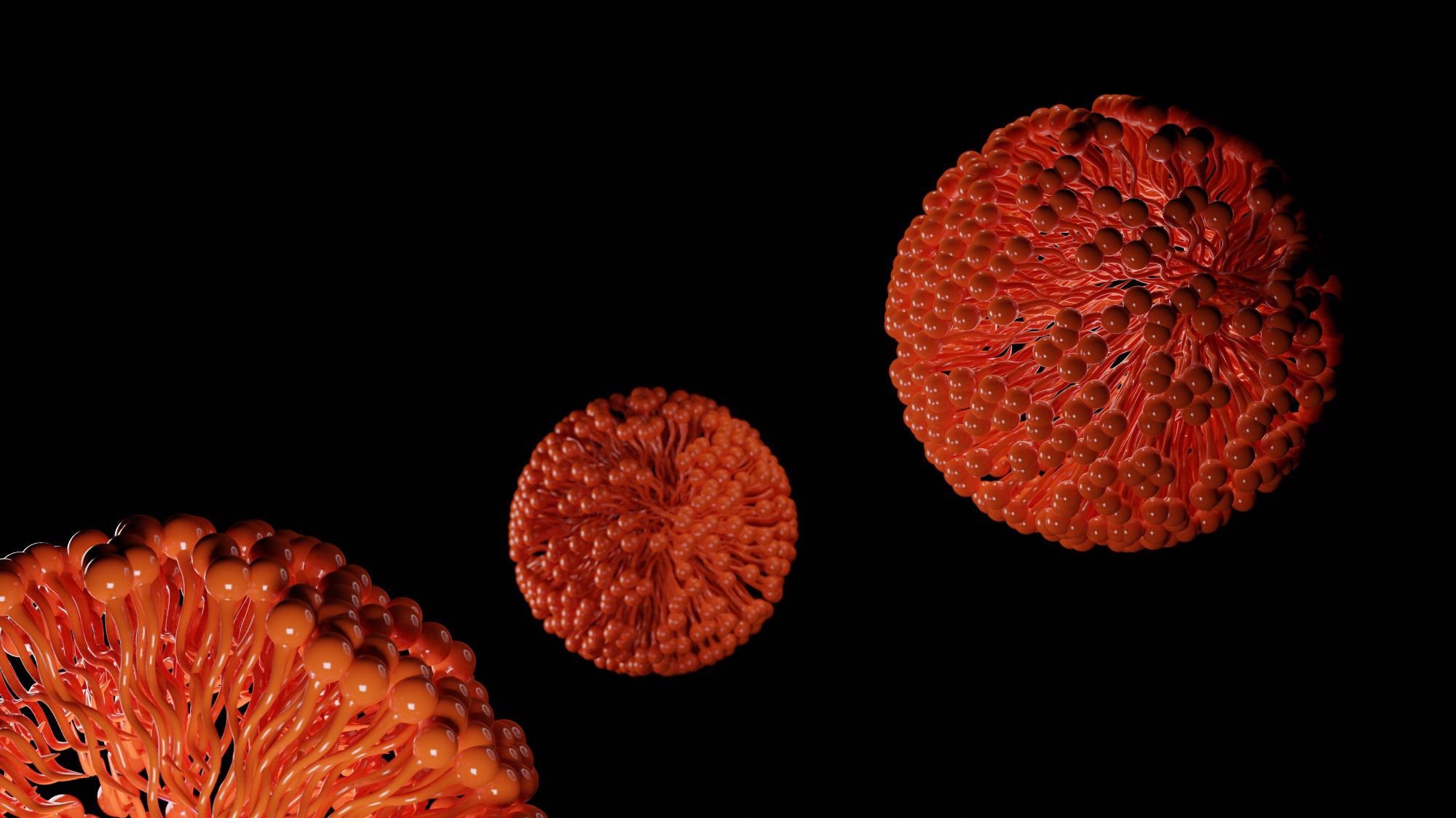Mar 18 2021
Scientists have proposed a new method for treating pancreatic tumor that involves using nanomicelles entirely made of macromolecules.

Image Credit: sanjaya viraj bandara/shutterstock.com
The method was invented by a team of researchers headed by Prof. Lihua Yang from the Hefei National Laboratory for Physical Sciences at the Microscale, School of Chemistry and Materials Science of the University of Science and Technology of China (USTC) of the Chinese Academy of Sciences.
The research has been published in ACS Applied Materials & Interfaces.
In eukaryotic organisms, host dense peptides (HDPs) form a part of their innate immunity. It supports the host in defending against attacks by microbes by disrupting the integrity of the cellular membrane.
Taking a cue from HDPs, researchers design membrane-disruptive macromolecules using the two most common structural characteristics (cationic and amphipathic) of HDPs to achieve similar membrane-disrupting function to enable efficient removal of drug-resistant cancer cells.
Repeated treatment delays the onset of drug resistance, indicating the potential for overcoming the problem of cancer resistance.
Despite these benefits, membrane-disruptive macromolecules often fail to differentiate between normal and cancerous cells. It is highly difficult to find ways to make membrane-disruptive macromolecules selectively active to cancerous cells and not normal cells.
As part of this study, the team employed an acid-sensitive, membrane-disruptive micelle, called M-14K, as the model for such nanoparticles.
This long-circulating nanoparticle exhibited acid-activated cytotoxicity indiscriminately to both fibroblast and cancerous cells, which is achieved by acid-activatable disruption of the integrity of the cellular membrane.
The capability of such nanoparticles to intrude into the stromal barrier and remove the sheltered cancer cells was confirmed both in vivo using mouse models bearing BxPC-3 tumors and in vitro using three-dimensional (3D) cell spheroids.
Most significantly, the researchers performed animal experiments and identified considerable inhibition of the expression of extracellular matrix components, conversion of the tumor tissue into a less dense structure, and remodeling of the stroma, without fostering tumor metastasis.
Removal of cancerous cells and remodeling of stroma can be simultaneously achieved by using acid-responsive nanoparticles entirely made of membrane-disruptive macromolecules. This method could pave a new way for developing efficacious drugs that can suppress the growth and metastasis of the pancreatic tumor.
Dense stromal barriers that shelter cancerous cells mainly make pancreatic tumors difficult to cure. Here, the penetration of drugs is impaired. The penetration of therapeutics is boosted by using an adjuvant before using gemcitabine for stroma remodeling.
However, this extensively investigated approach might increase the risk of tumor metastasis and the resistance of tumor cells to drugs.
Journal Reference:
Fan, F., et al. (2021) pH-Sensitive Nanoparticles Composed Solely of Membrane-Disruptive Macromolecules for Treating Pancreatic Cancer. ACS Applied Materials & Interfaces. doi.org/10.1021/acsami.0c16576.